In high-stakes trading, success is often determined not by algorithms or spreadsheets, but by the human mind. Brian Ferdinand, a veteran trader and entrepreneur, has built his career around understanding the psychology behind decisions—both his own and the markets’. His journey illustrates how self-awareness, discipline, and emotional intelligence are as crucial as technical skill in achieving long-term success.
Early Insights on Market Psychology
Ferdinand’s trading career began in the early 2000s at ECHOtrade, where he quickly recognized that human behavior drives markets just as much as data. Combining a background in psychology with analytical rigor, he honed his ability to interpret patterns, anticipate market reactions, and manage the emotional pressures of trading.
“Markets reflect human emotion—fear, greed, hesitation, and overconfidence,” Ferdinand explains. “Understanding these forces is as important as understanding the numbers.”
Under his leadership, ECHOtrade grew from a single office into a global operation, and he became known not only for his technical expertise but also for his strategic insight into trader behavior and market dynamics.
Beyond Numbers: Entrepreneurial Psychology
In the 2010s, Ferdinand expanded his focus beyond trading, co-founding a fintech brokerage technology firm and launching ventures in real estate and boutique hospitality. These experiences emphasized that psychology is equally vital in business. Managing teams, negotiating with investors, and navigating operational pressures requires insight into human motivations and decision-making.
“Running a business isn’t just about strategy—it’s about understanding people,” he says. “You need to recognize biases, anticipate reactions, and maintain perspective under stress.”
Challenges in these ventures—misaligned teams, financial pressures, and operational setbacks—reinforced Ferdinand’s belief that emotional intelligence and resilience are essential components of leadership and long-term success.
Returning to Trading with a Psychological Edge
By 2024, Ferdinand stepped away from executive roles and returned to trading full-time. He emphasizes that success now is as much about mindset as it is about technical execution. Each decision is guided by disciplined analysis, emotional regulation, and a keen awareness of cognitive biases that can distort judgment.
“Trading is a test of character,” he notes. “You have to manage stress, avoid impulsive decisions, and stay disciplined even when markets are volatile. Mastering your mind is just as important as mastering your models.”
This psychological approach gives Ferdinand a unique edge. He interprets market movements not only as data points but as reflections of collective human behavior, allowing him to anticipate trends and respond with precision.
Mentorship and Mindset
Ferdinand also integrates psychology into his mentorship. He helps emerging traders and entrepreneurs develop mental resilience, cultivate focus, and understand their own decision-making patterns.
“Many young professionals know the theory of trading or business,” he says. “But they struggle with emotional discipline. Teaching them how to think clearly under pressure is one of the most valuable lessons I can provide.”
Through nonprofit initiatives, including programs with the Boys & Girls Clubs of America, Ferdinand applies these principles to youth development, emphasizing self-awareness, confidence, and strategic thinking.
The Philosophy of Decision-Making
For Ferdinand, every choice—from a trade to a business move—is an exercise in disciplined decision-making. He balances analysis with intuition, planning with adaptability, and risk with opportunity. His philosophy is grounded in the belief that a clear, focused mind can navigate uncertainty more effectively than any algorithm or system.
“Numbers tell you what is happening,” he explains. “Psychology tells you why it’s happening and how people will respond. Mastering both is the key to consistent results.”






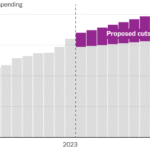

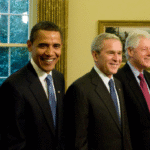

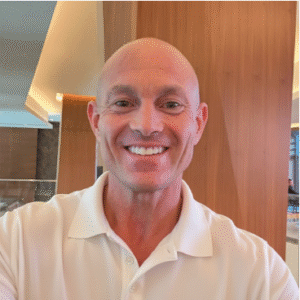
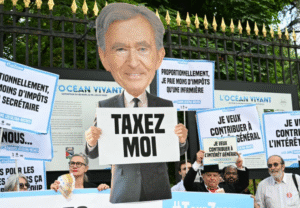



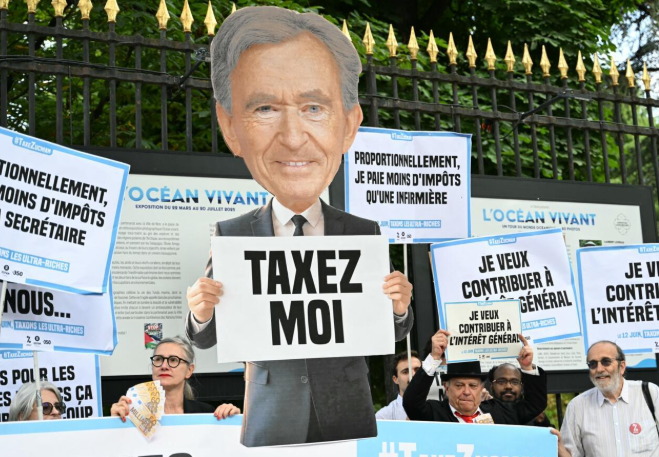


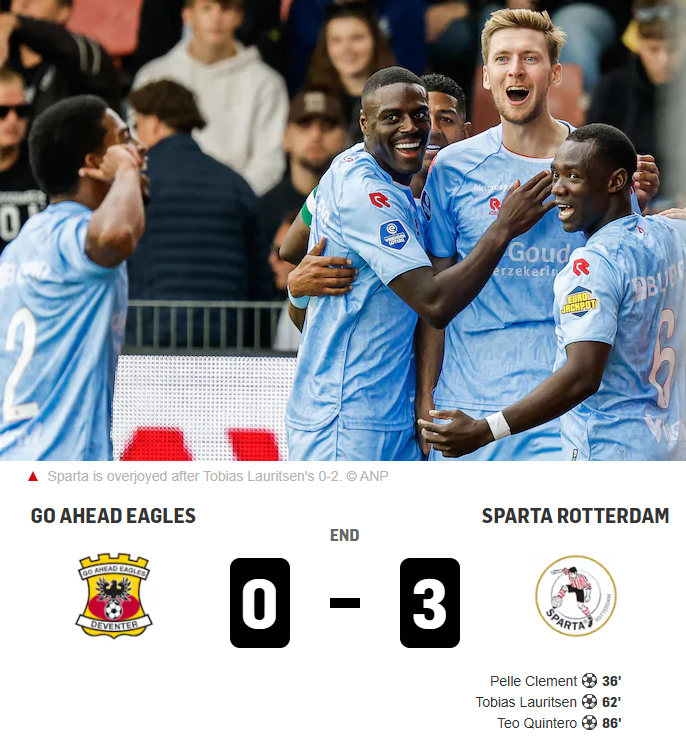

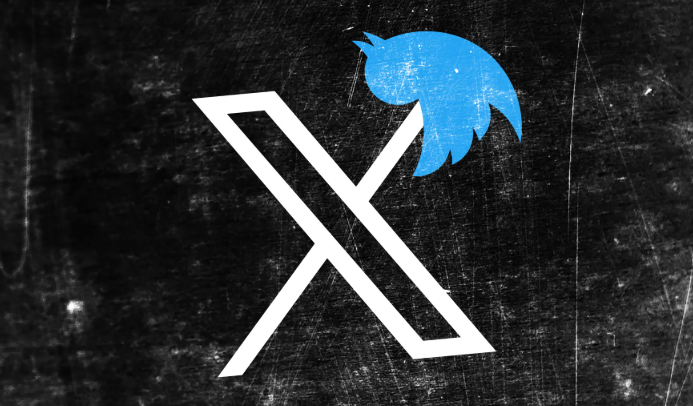
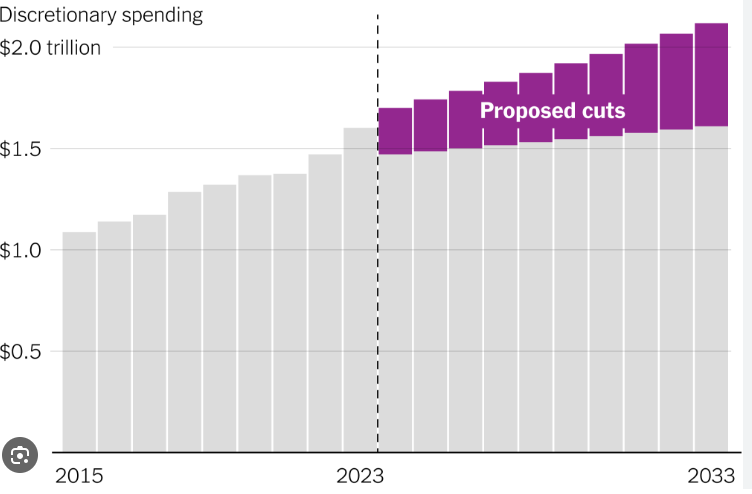
+ There are no comments
Add yours